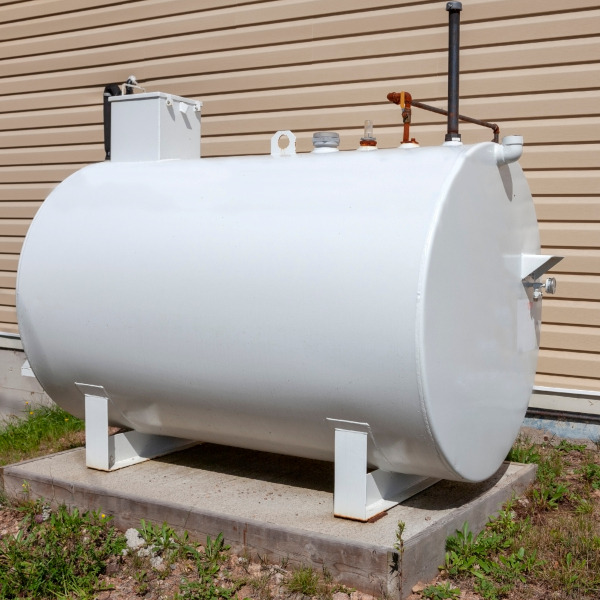The condition of residential oil tanks is rarely thought of by homeowners, however they are essential to the comfort and security of the home. Homeowners should make oil tank replacement a priority, since it has a direct impact on the structure of their property and its safety for the environment.
Residential oil tanks are often overlooked as the mainstays of any home, providing a dependable source of fuel for heating and hot water systems. However, as time passes, corrosion may begin to form, which could cause leaks and environmental hazards. The state of the tank needs to be assessed by the homeowners and replacement is a priority if it is needed. Oil tank replacement is more than just an investment decision. It’s also a means to safeguard your property and maintain a constant supply of heating oil.

Looking at the Cost
Costs for replacing oil tanks are the biggest concern for homeowners. The price of an oil tank replacement could vary based on factors like the size of the tank, its location as well as whether there are environmental requirements. It is important to plan effectively and budget your expenses by getting precise estimates from reputable oil tank service suppliers. It’s a significant initial investment but it’s vital to maintaining safety and functionality.
Factors Influencing Replacement Costs
Various factors influence the cost to replace oil tank. The size and the type of tank, the accessibility to the site where installation is taking place as well as the environmental remediation requirement and the compliance with safety and building codes are all aspects. Owners of homes must be aware the costs of labor and materials are involved, as well any upgrades that might be possible. Understanding these factors helps homeowners make educated choices regarding replacement costs.
Prioritizing Environmental and Safety Considerations
Safety and environmental concerns take top priority in the replacement of oil tanks. The corrosion and leakage in tanks that are old can lead to the contamination of water and soil. Removing old tanks can reduce environmental risks, while protecting the surroundings and property. A strict set of safety regulations is adhered to during the construction of new tanks to prevent accidents. This ensures that household security is maintained.
Finding a Reliable provider
Selecting a reputable oil tank replacement service is essential for a smooth and compliant process. Professionals with experience in installing and removing oil tanks should be sought by homeowners. Ideal is a provider with a proven track record for oil tank replacements and is committed to safety and environmental responsibility. Professionals who are honest and professional make sure that your oil tank replacement requirements are met.
The long-term benefits outweigh the initial costs.
Although the expense of oil tank replacement may initially appear costly but the benefits over time are worth the cost. Replacing old tanks will help homeowners avoid costly cleanup costs and property damage that leaks can cause. New tank installations offer improved efficiency and safety, providing peace of mind as well as the assurance of a reliable heating fuel source. Tank replacement for oil is a smart and effective way to protect homes, promote environmental responsibility and ensure longevity of comfort.
In conclusion replacing the oil tank is not just an investment in financial investment, but a crucial step for homeowners to ensure safety, functionality, and sustainability of their home. Understanding the importance of replacement and assessing the cost is vital to making informed choices. Through proactive maintenance and replacing damaged equipment homeowners can help create an environmentally sustainable and safe living environment.